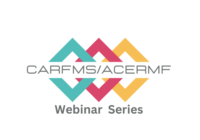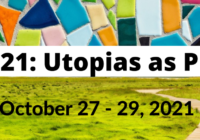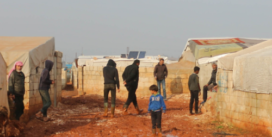- Fall Newsletter, 2025, Issue 15
- Using International Online Learning Modules to Engage Students in the Study of Critical Global Issues
- Upcoming Book Launch: Hearts of Freedom
- Announcing winners of the 2025 CARFMS Essay Contest
- The New York Declaration for Refugees and Migrants and its two Global Compacts: Addressing the Symptoms or the “Root Causes” of Forced Displacement?*
Events
War and Asylum, Jan 25 2024
Thursday, January 25, 2024 10:00 – 11:30am (EST) This was a virtual event The mass production of refugees is overwhelming due to wars. Astonishingly, more than half of the world’s refugees (52%) and others in need of international protection come from just three countries: Syrian Arab Republic; Ukraine; and, Afghanistan. In fact, 87 percent of all people who were refugees at the end of 2022 came from only 10 countries and all of them wracked…
Read MoreThe opportunities and challenges of “naming” in Canada’s Private Sponsorship of Refugees Program
While globally States and Internal NGOs take the lead in selection for resettlement of refugees, Canada’s Private Sponsorship of Refugees (PSR) Program allows sponsors to “name” people to be consider for resettlement to Canada. This opportunity also presents challenges for groups involved in refugee sponsorship. Our three panelists discussed from their experience these issues based on their research and experience:. With: Brian Dyck, Mennonite Central Committee Canada Ian Van Haren, Executive Director at Action Réfugiés…
Read MoreCARFMS21: Utopias as Practices
October 27-29, 2021 Hosted virtually in collaboration with the Johnson-Shoyama Graduate School of Public Policy, University of Regina and University of Saskatchewan The current refugee protection regime embodies legacies, aspirations, and compromises inherited from post-Second World War geopolitics and law. Increasing recognition of its Eurocentrism, state, local, and translocal resistances and growing fragmentation at multiple scales is spurring new understandings of belonging, community, and membership outside of the mainstream legal framework. People in situations of…
Read More

